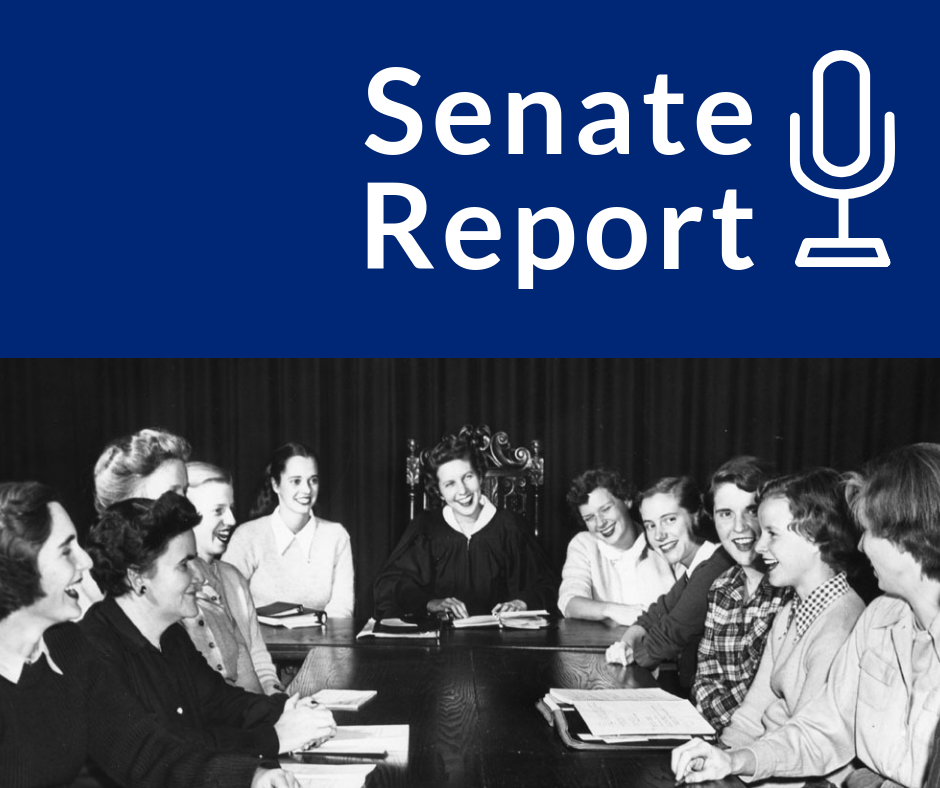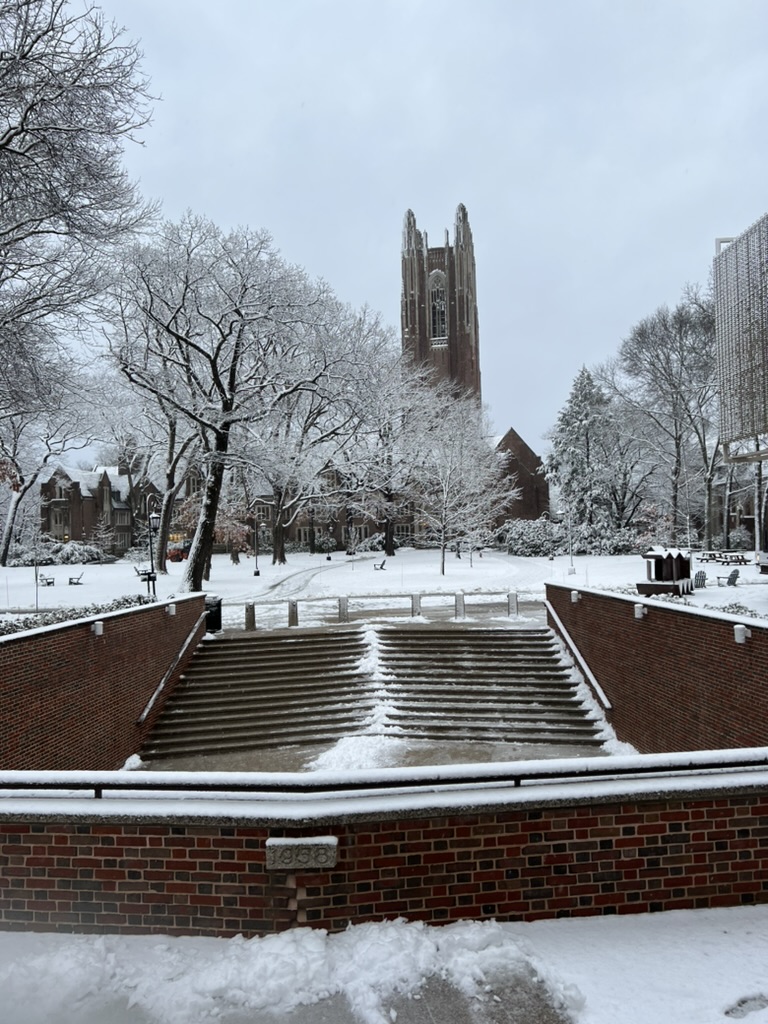The Deputy Chief Justice may soon become an official position within the Honor Code Council. On April 11, an amendment to the Honor Code Council’s (HCC) Constitution was proposed in Senate by Chief Justice Mayanka Kumar ’16. The amendment states that the position of Deputy Chief Justice (DCJ) will become official within the Honor Code Council. Whoever holds this positions will assist the Chief Justice (CJ) in presiding over cases and will act as the Treasurer or Secretary at monthly full committee meetings. The responsibilities of the Treasurer and Secretary will not change, but it would be understood that the DCJ will also take on one of these roles.
Chief Justice Mayanka Kumar ’16 said that both she as well as other previous Chief Justices have felt that they needed assistance while holding the Chief Justice position. The CJ presides over all cases brought to the HCC, holds weekly meetings with students, holds monthly full committee meetings and serves as a College Government Cabinet member.
“Previous CJs have experienced extreme burnout from this position, and the DCJ was formulated in order to help out with ordering food for full committee meetings, taking minutes and being an extra support system for the CJ,” Kumar said.
This amendment would solidify and expand the Deputy Chief Justice’s role within the HCC. Throughout the 2015- 2016 academic year, Ellie Mannon ’16, the current Treasurer, has been fulfilling the duties of the Deputy Chief Justice.
During this year, Mannon has assisted Kumar by ordering meals and taking minutes before full committee meetings. “This was extremely helpful since there is a lot of prep work before each full committee meeting…To have her order the meals and take minutes was a huge help and allowed me to focus on preparing for the meetings and conducting them,” Kumar said.
These responsibilities would be taken on by the Deputy Chief Justice if the proposed amendment is approved by Senate. Kumar also mentions that during the month of February, she was hearing three or more cases a week due to the large amount of incidents during reading and finals period of the fall semester. “It was mentally and emotionally draining to have 3+ hearings a week. Having a deputy chief to help hear some of those cases… would have been super helpful this year,” Kumar said.
This amendment would benefit the general student body as well as the Chief Justice. Since the CJ has to preside over all cases, alongside the responsibilities that come with the CJ position, as well as the work of a full-time student, the HCC can fall behind in cases. Some cases are not heard for weeks, and the involved students are made to wait long periods of time before having their cases heard and being able to move on past their citation.
The adoption of the Deputy Chief Justice amendment would help with this problem because the DCJ would have the responsibility of presiding over cases when the Chief Justice is too busy. Currently, a senior member of the Honor Code Council presides over cases when the Chief Justice is not available, but making the DCJ position official “would make the process much fairer,” Kumar said, because the appointment would have to be “selected through SOAC appointments process” rather than through the Chief Justice.
Many students agree with this sentiment. “I hope to see the Deputy Chief Justice made an official position, so that they can be more accountable to the student body when hearing cases in place of the Chief Justice,” said Hannah Weissman ’19.
College Government Vice President René Chan ’17 also voiced support for the amendment. “I think this is an important proposal, one that would streamline and set a formal process of selecting a Deputy Chief Justice, because having SOAC involved ensures that the process is fair and standardized,” she said.
Like Kumar, Chan sees the need for an official Deputy Chief Justice and doesn’t foresee any negative impacts of this amendment passing. She is glad to see it brought forth in Senate because she believes it will help the HCC run even more smoothly and effectively than it already does. The process for amending the HCC Constitution is outlined in Section 1 Amendments Parts A and B. First, an amendment needs a two-thirds majority vote of the three-fourths quorum that is required for the Constitution to be amended within the full Honor Code Council. The Council consists of the Chief Justice, the Administrative Coordinator, seven student members, eight faculty members and the Dean of Students. After an amendment is approved by the Honor Code Council, it must be approved by Senate in order to be adopted into the HCC’s constitution.
The Deputy Chief Justice Amendment was unanimously passed at the March full committee meeting within the Honor Code Council. Now Senate must pass the amendment, so Wellesley College Senators are currently gathering feedback and questions from their constituents and will vote for or against the bill this upcoming Monday, April 25.





